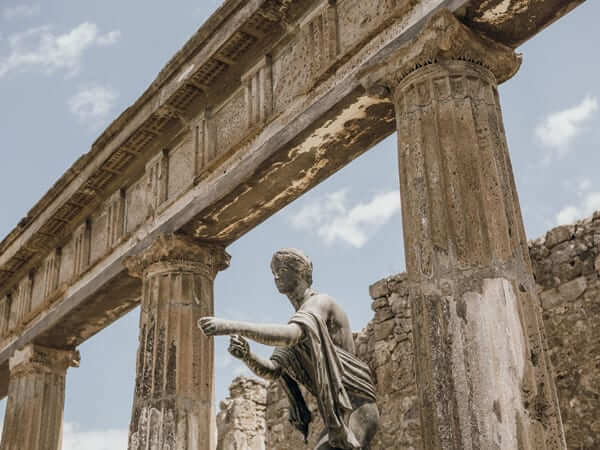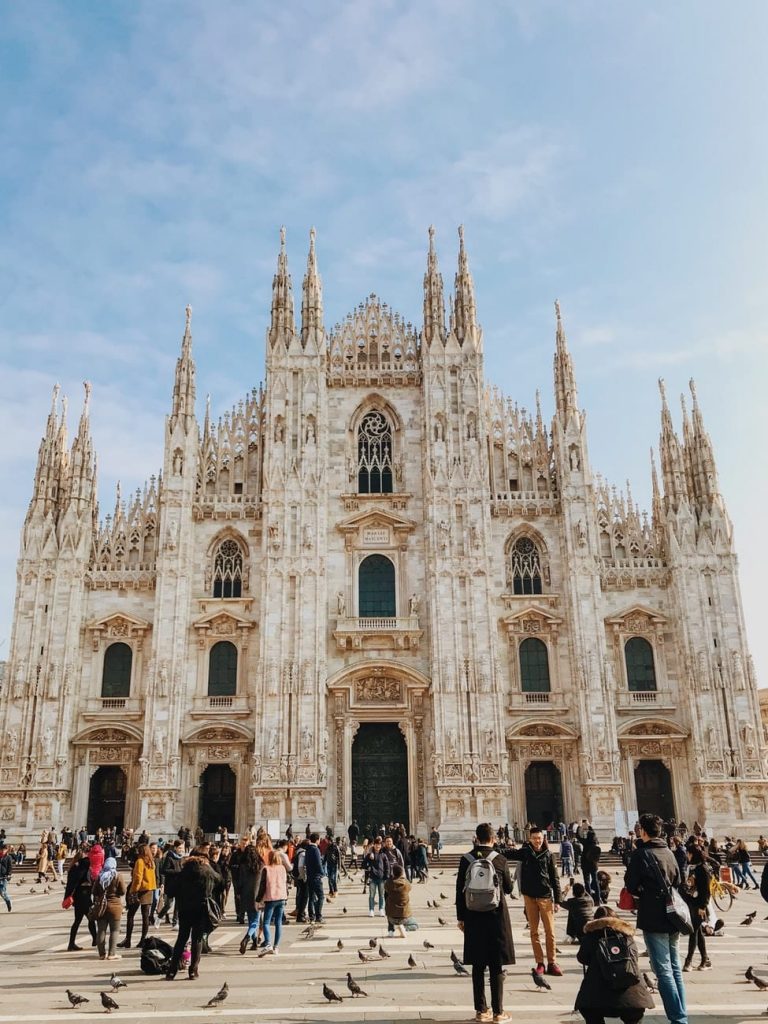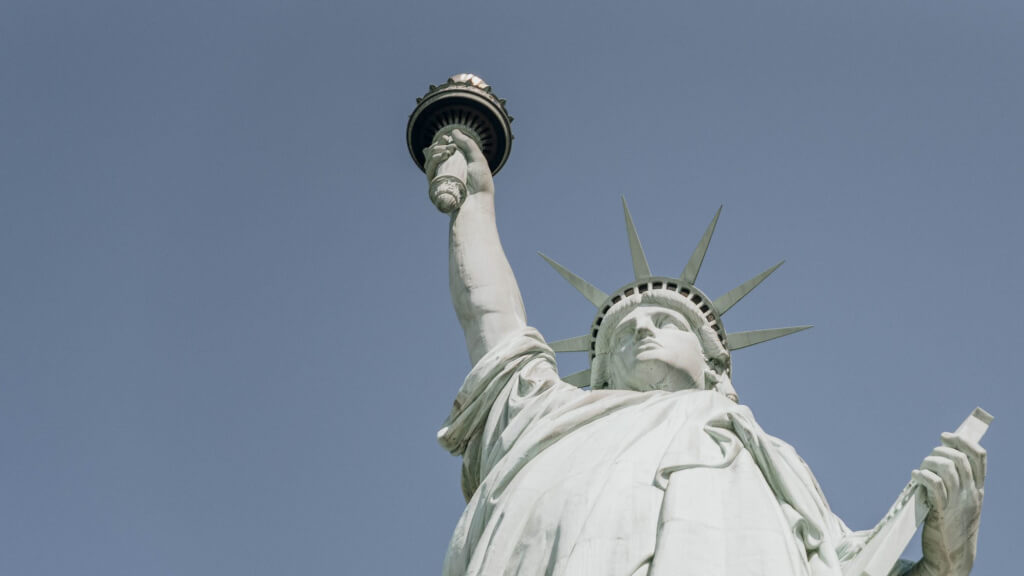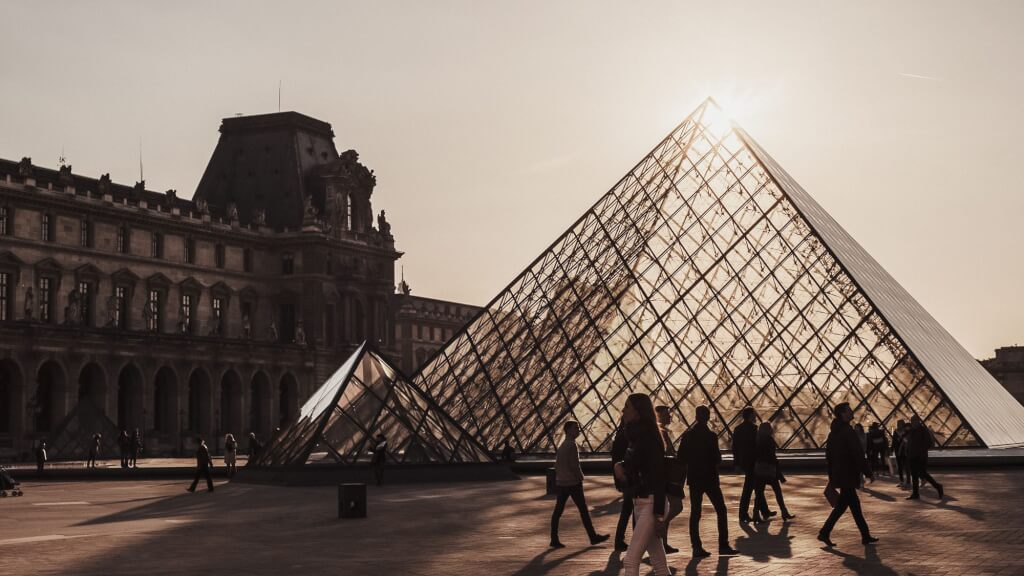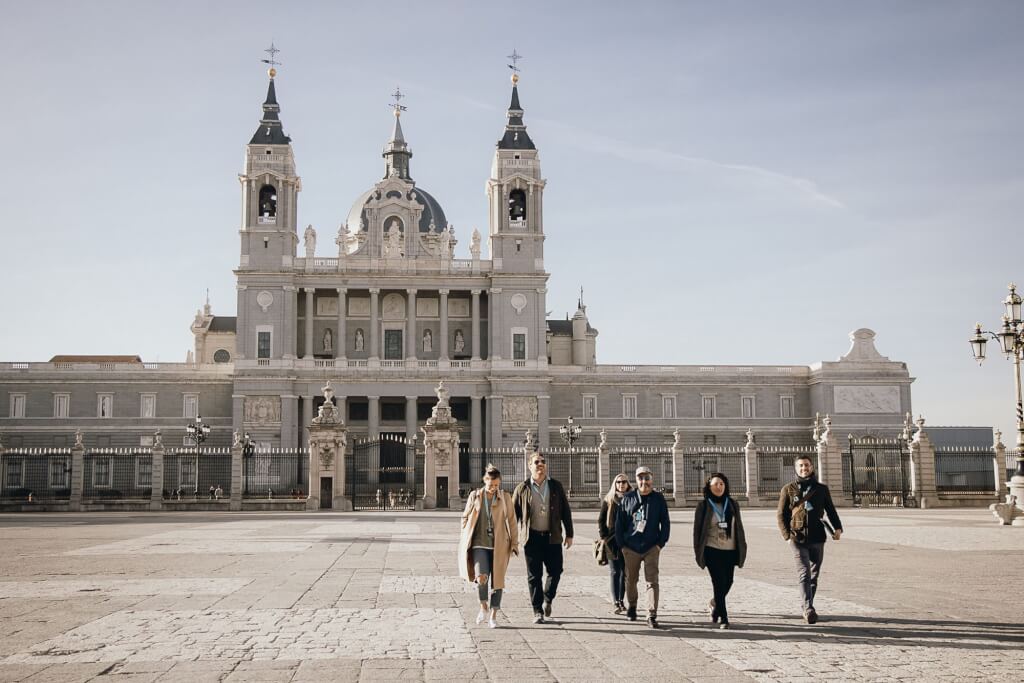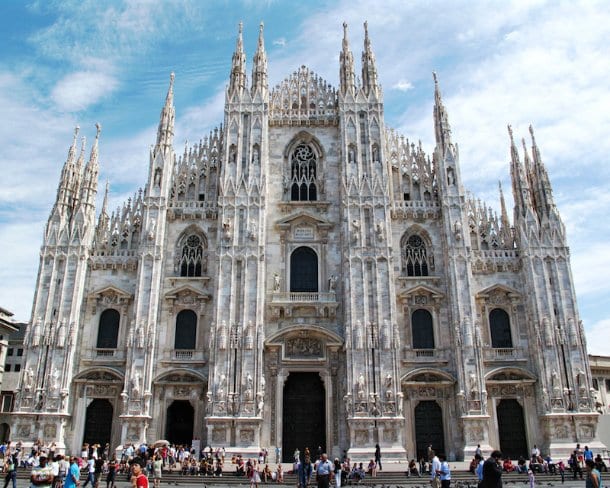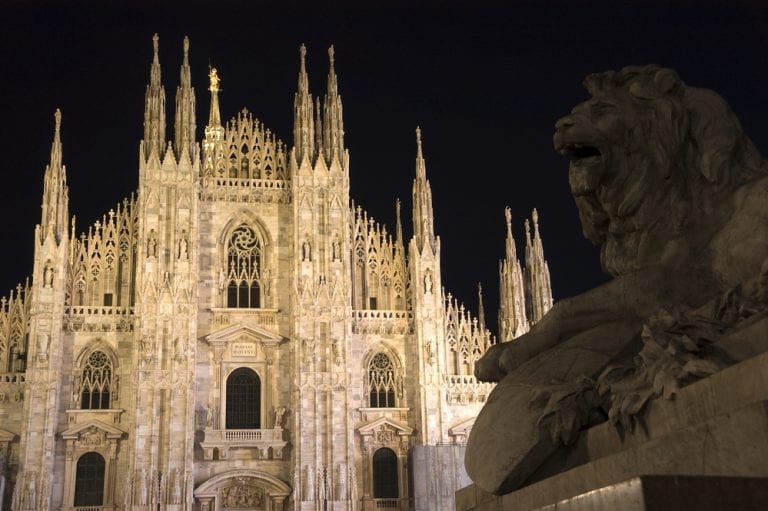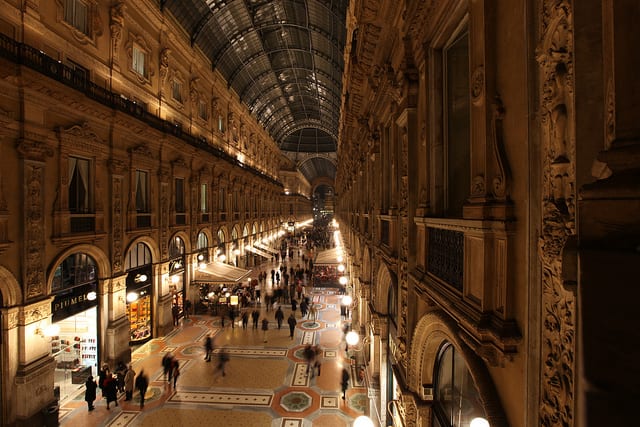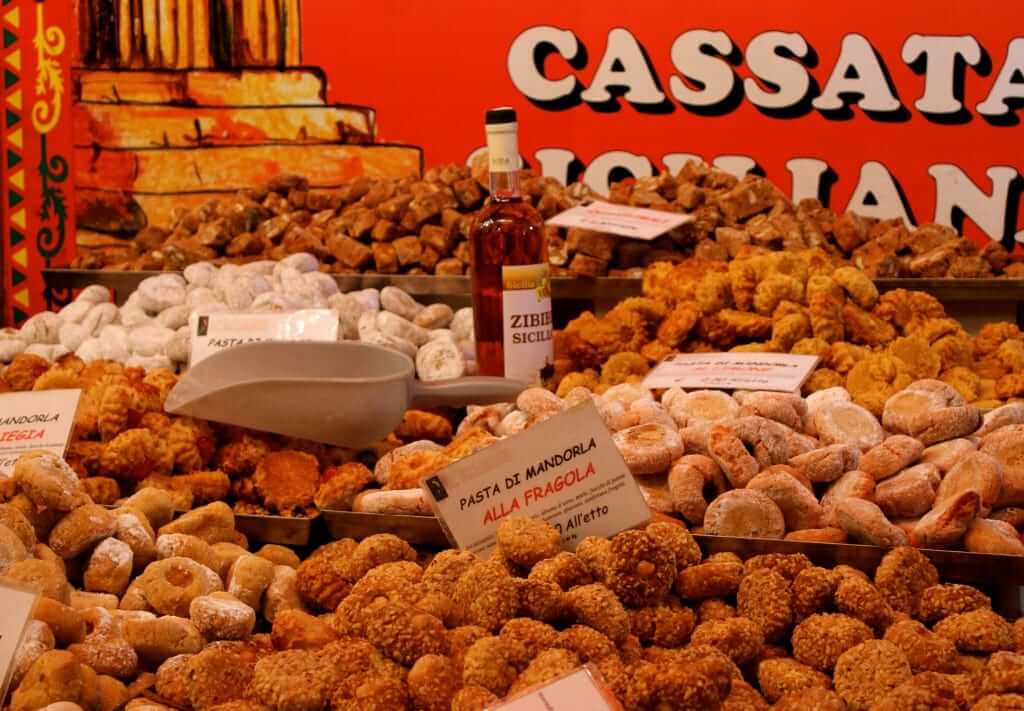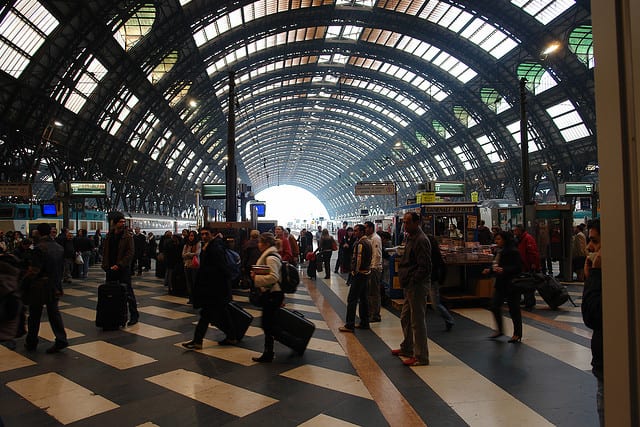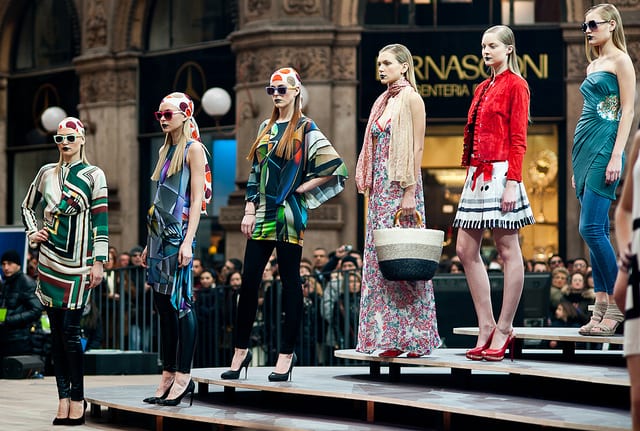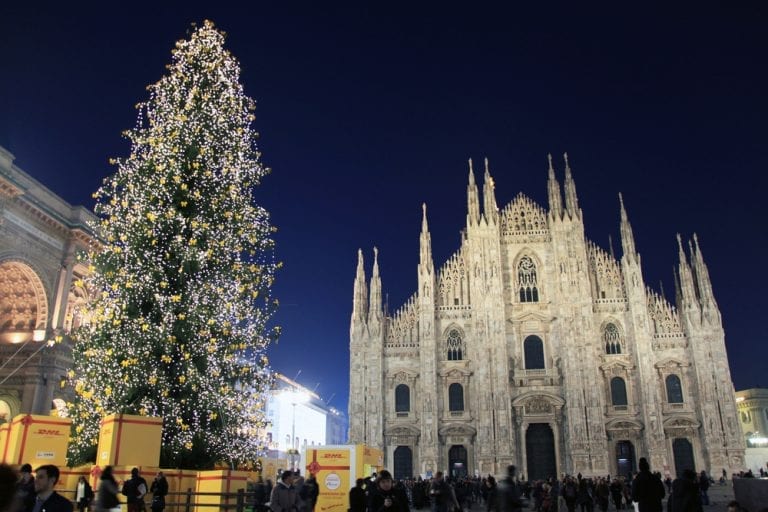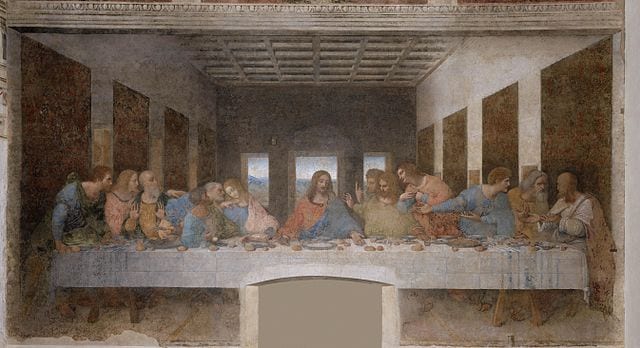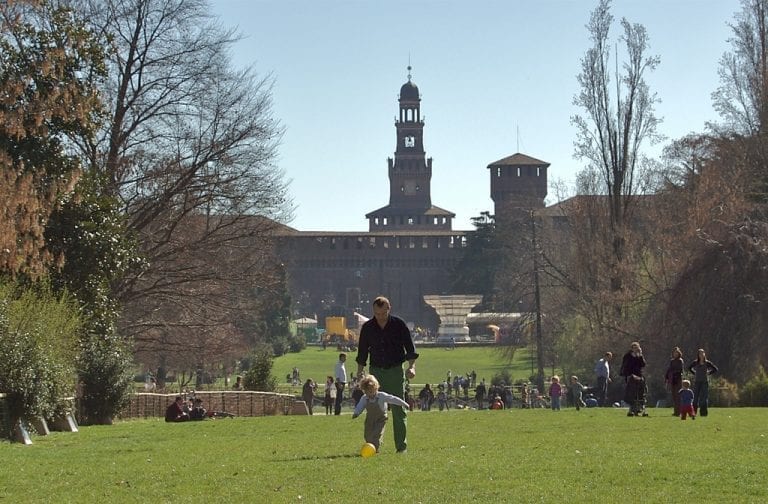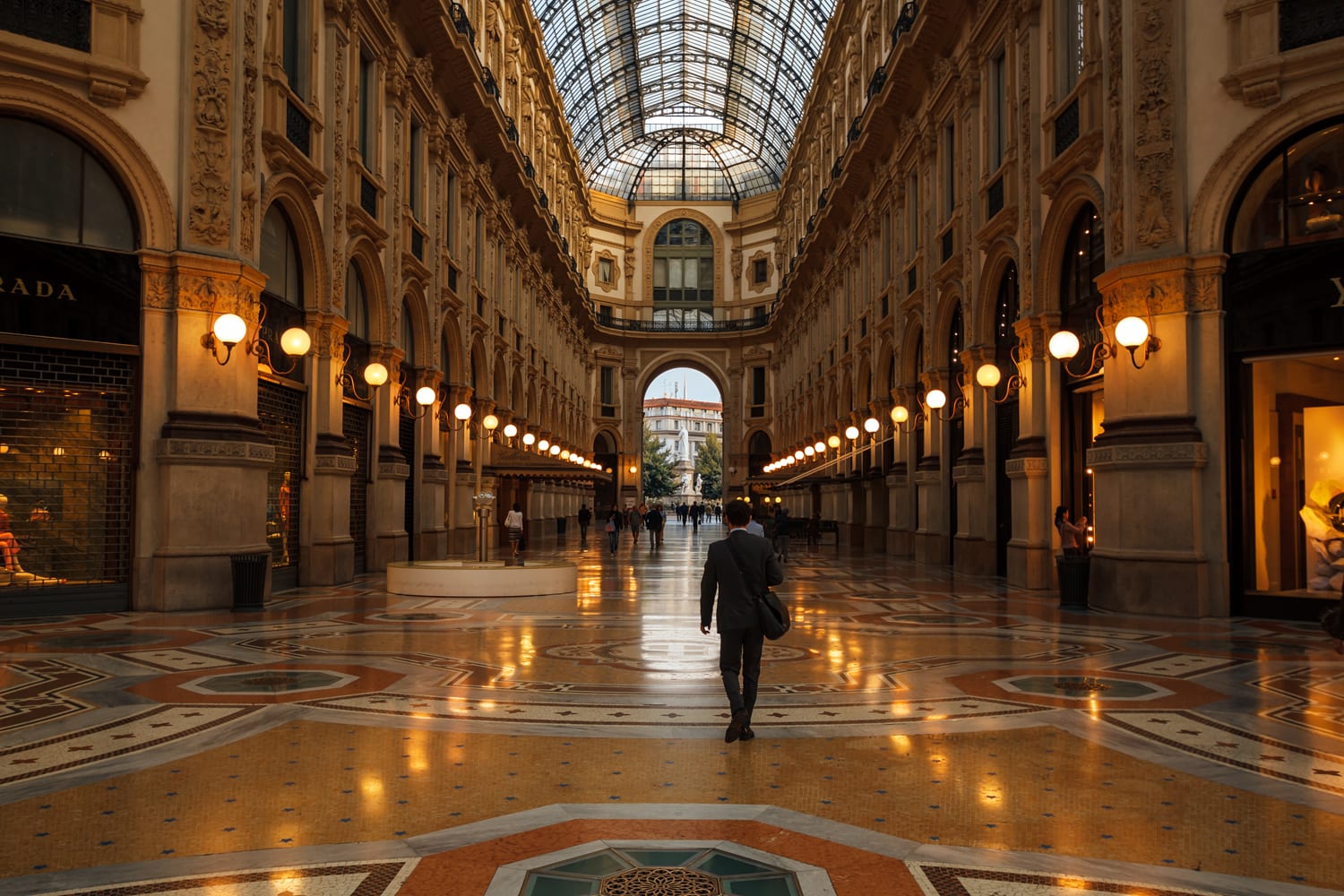
Where to Stay in Milan: How to Choose the Right Neighborhood
January 25, 2023
So, you want to visit Milan? Impeccable choice. Though it has traditionally been considered the “boring business capital” of Italy, travelers are finally realizing what the Milanese have known all along – Lombardy’s capital is one of the most nuanced and happening cities in Italy. From incredible art, like Da Vinci’s Last Supper and the world-famous Pinacoteca di Brera, to mouth watering cuisine, buzzing nightlife and, of course, the best-dressed folk in Italy, this is a city like no other. But if you want to go, you need to know where to stay in Milan. The city’s neighborhoods are split into nine zones, each arranged in a circle around the Milan Duomo. In each zone there are different neighborhoods offering different atmospheres and price points. Read on to find the perfect area for you, no matter what style of traveler you are.
Table of Contents
ToggleCentro Storico
The centro storico is the historic city center and heart of the metropolis. It encompasses the block surrounding the massive Duomo di Milano. Here you’ll find most of the top tourist attractions in Milan, including La Scala Theater, Museo 900, the Quadrilatero (a luxury-shopping district), the Palazzo Reale and the Vittorio Emanuele Gallery, among others. Staying in the center means some of the most famous things to do in Milan are at your doorstep; you won’t be wasting any time on transport! Though convenient, and undoubtedly gorgeous, it’s also the most expensive place to stay in Milan with regards to both hotels and restaurants.
Stay in the center of Milan if: You don’t have a lot of time in the city; you’ve planned a glamorous vacation; you don’t mind the crowds; you’ve come just for the high-end shopping; price isn’t an issue.
Brera
Just north of the Duomo is the artsy (and wealthy) Brera district. Still located in Zone 1 along with the Duomo, Brera separates itself from the Duomo neighborhood in style and atmosphere. It’s where to stay in Milan if you want to enjoy the nearby Castello Sforzesco and Parco Sempione. The neighborhood also houses the Brera Academy of Fine Arts and the Brera Art Gallery, as well as the famous Pinacoteca di Brera museum. In fact, it was traditionally known as the city’s low-rent, artsy, bohemian district. Think of it as Milan’s SOHO. Although it’s still filled with art and design galleries, Brera has, like its analog in New York, since evolved into a fashionable, high-end area. The general rule of thumb is that if you could afford to buy an apartment here it’s probably also the right place to stay in Milan for you on your visit. For anyone else it’s also a great place for a dinner out or an aperativo amidst luxury apartments, closet-sized boutiques, and buzzing galleries.
Stay here if: You came to Milan for the art; your personal style could be described as ‘luxurious bohemian’; you want to shop in small boutiques and designer ateliers rather than enormous designer showrooms; you’re looking for great nightlife; you want to be centrally located without the throngs of tourists.
Read more: How to Take Public Transport in Milan.
Porta Nuova Isola
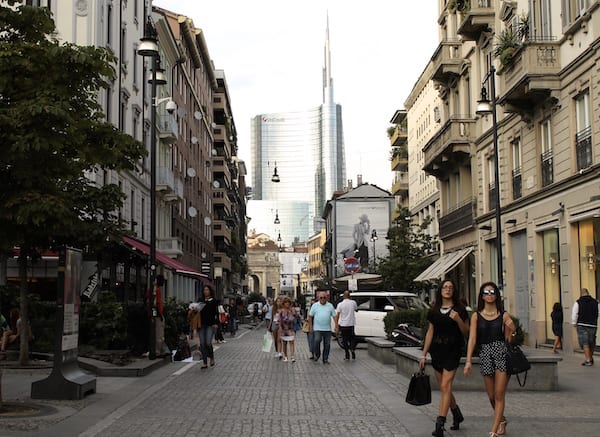
The mirror and steel Unicredit bulding towers over fashionable Corso Como, the perfect embodiment of Milan’s relationship between business and fashion. | Photo by Gina Mussio
Porta Nuova is the “new” business district and another high end place to stay in Milan. Once an industrial district with seedy fairgrounds outside of Garibaldi train station, Porta Nuova is now a major Milanese success story and the place to stay in Milan for many business travelers. Combining the Garibaldi, Varesine, and Isola neighborhoods, the highrises in Porta Nuova include the mirrored Unicredit tower and the iconic Bosco Verticale or Vertical Forest, a skyscraper-cum-hanging garden that won the 2014 International Highrise Award. Head away from the Unicredit tower and take a stroll along the beautiful – and ritzy – Corso Como. This pedestrian district is filled with restaurants, bars and clubs. By day you’ll find the Milanese shopping in the designer shops and when the sun goes down they fill the streets and bars for happy hour and dancing. If you’re looking for a late night check out the area clubs like Hollywood Milano, Loolapaloosa, Executive Lounge Milano, and Shocking Club, among others.
Stay in Porta Nuova Isola if: You need to be close to Garibaldi train station; you want to see “new” Milan; you plan on frequenting fashionable bars and restaurants; you want to stay in a nice, centrally located hotel that’s not directly in the centro storico; you don’t have a tight budget.
Chinatown
Chinatown is located behind Parco Sempione, near Garibaldi station. Between WWI and WWII a large Chinese population settled in the area, selling ties and scarves made with silk from Como. Since then, the area has turned into quite the shopping district, with a focus on leather goods as well as silk. Though not particularly elegant shopping, this area offers extremely good finds and affordable prices for bargain hunters. Shopping here is definitely one of the more cost-effective ways to go clothes shopping in Milan. Via Paola Sarpi is the main street of the neighborhood and the best for shopping. The street even has its own website!
Stay in Milan’s Chinatown You’re on a budget; you don’t mind walking a bit (there are no metro stops directly in Chinatown, but different ones are about five minutes from the center of the neighborhood); You want to be close to Garibaldi station; you want a different perspective on the city.
Corso Magenta
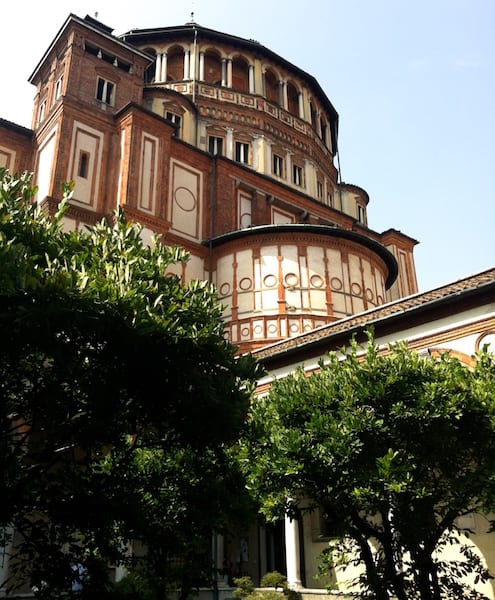
Don’t just go for the Last Supper – the architecture, art and even gardens of Santa Maria delle Grazie Church are incredible in their own rights | Photo by Gina Mussio
On Corso Magenta and nearby you’ll find the beautiful Chiesa di Sant’Ambrogio, a Romanesque church dedicated to Milan’s patron saint, as well as the Catholic University and its beautiful campus. Corso Magenta, in fact, has been around since the 3rd century AD, when Milan was the capital of the Western Roman Empire. Beautiful shops and cafès line the streets, but perhaps the biggest draw to stay in this neighborhood is the Renaissance church Santa Maria delle Grazie, the home of Leonardo Da Vinci’s Last Supper. Be sure to get tickets well in advance of your trip or risk not being able to see the masterpiece.
Stay here if: You want accommodations that feel they’re in the suburbs but are actually very close to the city center; you plan on visiting some of Milan’s top churches; your day only starts off right with an exquisite coffee and one or two sweets from one of the best pastry shops in all of Milan; you want the nightlife of the Navigli, without the noise.
Fiera, San Siro
This area to stay in Milan is divided into two very distinct neighborhoods: San Siro and the crowds that accompany it, along with the Ippodromo and the Fiera MilanoCity, and the more residential areas of De Angeli and Wagner.
Though once only a place to visit for events, the Fiera neighborhood northwest of the city center is rapidly growing into a residential hub noted for its schools, metro system, and parks. Residences designed by the late Zaha Hadid sit on the area’s former fairgrounds and it isn’t unusual to find Milan or Inter soccer players strolling the streets from their houses in either San Siro, Fiera or de Angeli neighborhoods.
Stay here if: You want to be slightly removed from the chaos of the city; you live and breathe Italian soccer; you are traveling with children and want to stroll a residential neighborhood filled with children and parks; you don’t mind taking a longer subway ride into the city center; you want to experience an “up-and-coming” zone of the city.
The Navigli at Porta Genova
The Navigli were a network of canals that used to stretch across the city to transport goods and supplies. They were even the main conveyors for the marble used to build the Duomo. Today only two remain, but they are at the heart of the city’s nightlife. By day stroll along the numerous artisan shops and vintage stores. The last Sunday of every month the Navilgio Pavese is lined with an open-air antique market with some of the best and most unique antique shopping in Milan. When the sun sets the area transforms itself into a giant, bustling terrace of aperativo bars and restaurants buzzing with locals and visitors. For more on this area, check out our blog on the canals of Milan.
Stay here if: You come for the nightlife; you’re looking for a place to stay in Milan’s original city center; you don’t mind a rambunctious crowd and a bit of noise; you don’t mind taking public transportation to see the sights; you want to tour the churches; you love to people watch.
Porta Romana
Just outside of the city center, heading toward Porta Romana, you’ll find the State University and the gorgeous Giardini della Guastalla, the oldest public park in Milan. This neighborhood is often overlooked when travelers are looking for where to stay in Milan, but it’s relatively close to the center, less expensive, and happens to have one of Milan’s only thermal baths. Though you’re not in the city center, in certain corners of the neighborhood you can still crane your neck and see the beautiful gold Madonnina statue on top of the Duomo, which is still just walking distance away.
Stay here if: you want to stay near to the center but you’re on a budget; you’d like a quiet, no-nonsense residential neighborhood; you don’t mind navigating the bus and metro systems to go sightseeing.
Read more: Where to Shop in Milan
Porta Venezia and Città Studi
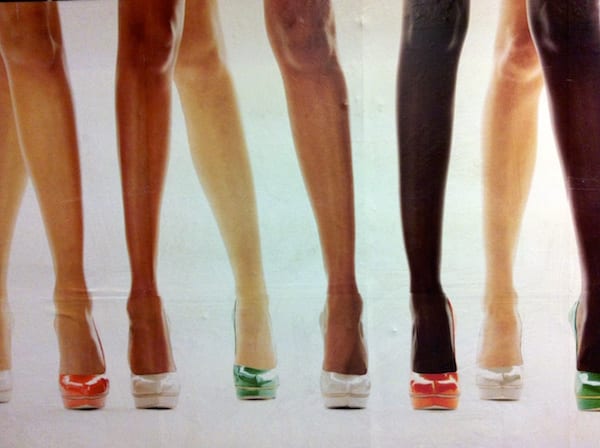
Near the Corso Buenos Aires is where to stay if you come to Milan specifically for the shopping. After all, it’s the longest shopping street in all of Milan! | Photo by Gina Mussio
Squeezed between the comings and goings of Stazione Centrale and the campuses in the Città Studi/Lambrate area, Porta Venezia is a diverse neighborhood with a lot going on. First and foremost is the fashion; Porta Venezia features the longest shopping street in Milan – Corso Buenos Aires. While most visitors head to the Quadrilatero to gawk at the high fashion, the locals will be buying their clothes on Corso Buenos Aires. A roughly 3/4 mile stretch of shops, there are over 350 retail stores on this street, most of which offer fashion that’s less likely to break the bank than its Montenapoleone counterpart. Shop all day, then rest in the beautiful Giardini Pubblici located right at the Porta Venezia metro stop, originally opened to the public by Austrian Empress Maria Theresa. In the gardens you can also find the Planetarium, the Museum of Natural History, the Gallery of Modern Art and the nearby PAC, or Pavilion of Contemporary Art.
Stay here if: you need to catch a train early, but want to avoid the slightly down-at-heel neighborhood around the train station; you want to enjoy the cheaper prices that come on a college campus and try the microbrews at the famed Birrificio Lambrate; you want to save on accommodation; you don’t mind walking; you want to see how the average Milanese lives; you want to use the Public Gardens as a one-stop shop to occupy the kids; you love modern art.
Ticinese
Ticinese might just be the hippest neighborhood in Milano after Brera. It’s also where to stay in Milan if you want to encounter people from every different social strata of the city. Just outside of the city center and right at the start of the Navigli, this neighborhood’s social scene is an exciting mix of artists and young intellectuals, ladder-climbing professionals, and the rich offspring of the Milano Bene, or wealthy Milanese, who want to enjoy the decidedly hipster scene. Here you’ll find two 4th-century buildings: the Basilica di San Lorenzo and Sant’Eustorgio Church. Stroll the streets to peek into artisan shops and Milan’s creative scene and then head to the newly remodeled Darsena area along the Navigli at night.
Stay here if: You’re coming for the nightlife; you don’t mind hipsters; you don’t mind a bit of noise at night; you want to explore the tiny streets and stone alleyways in a lively atmosphere; you want to rub shoulders with all walks of life in Milan.
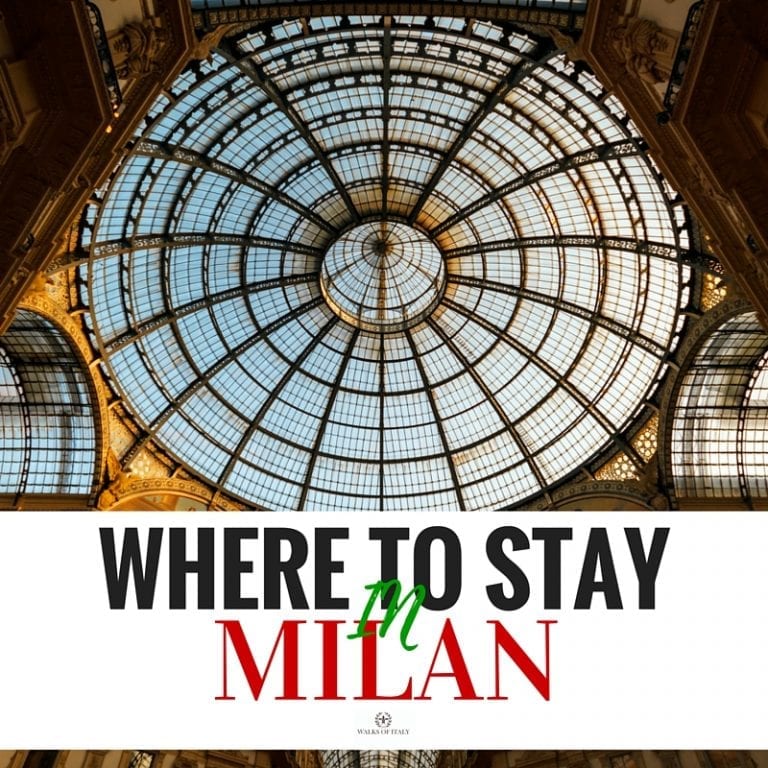
by Gina Mussio
View more by Gina ›Book a Tour
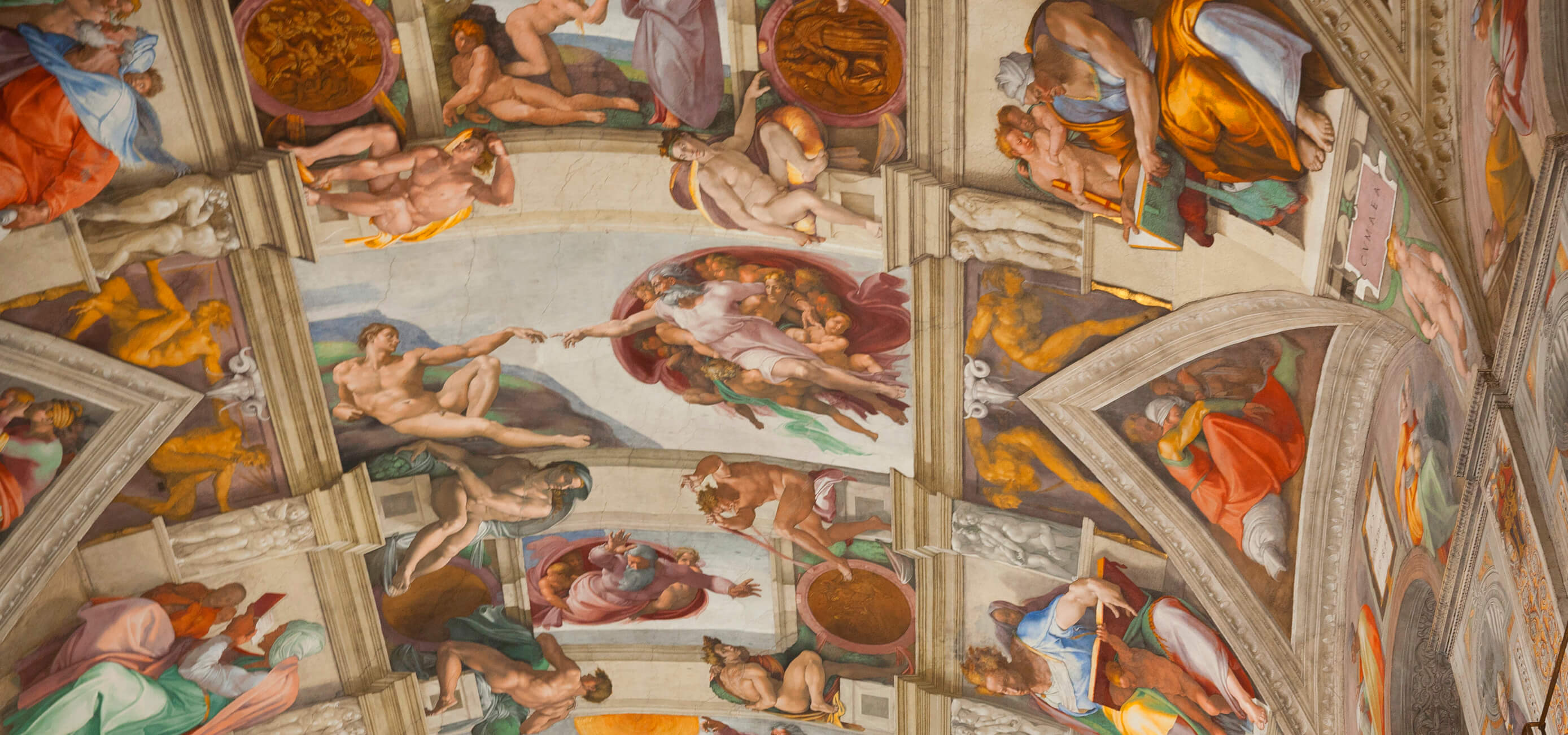
Pristine Sistine - The Chapel at its Best
€89
1794 reviews
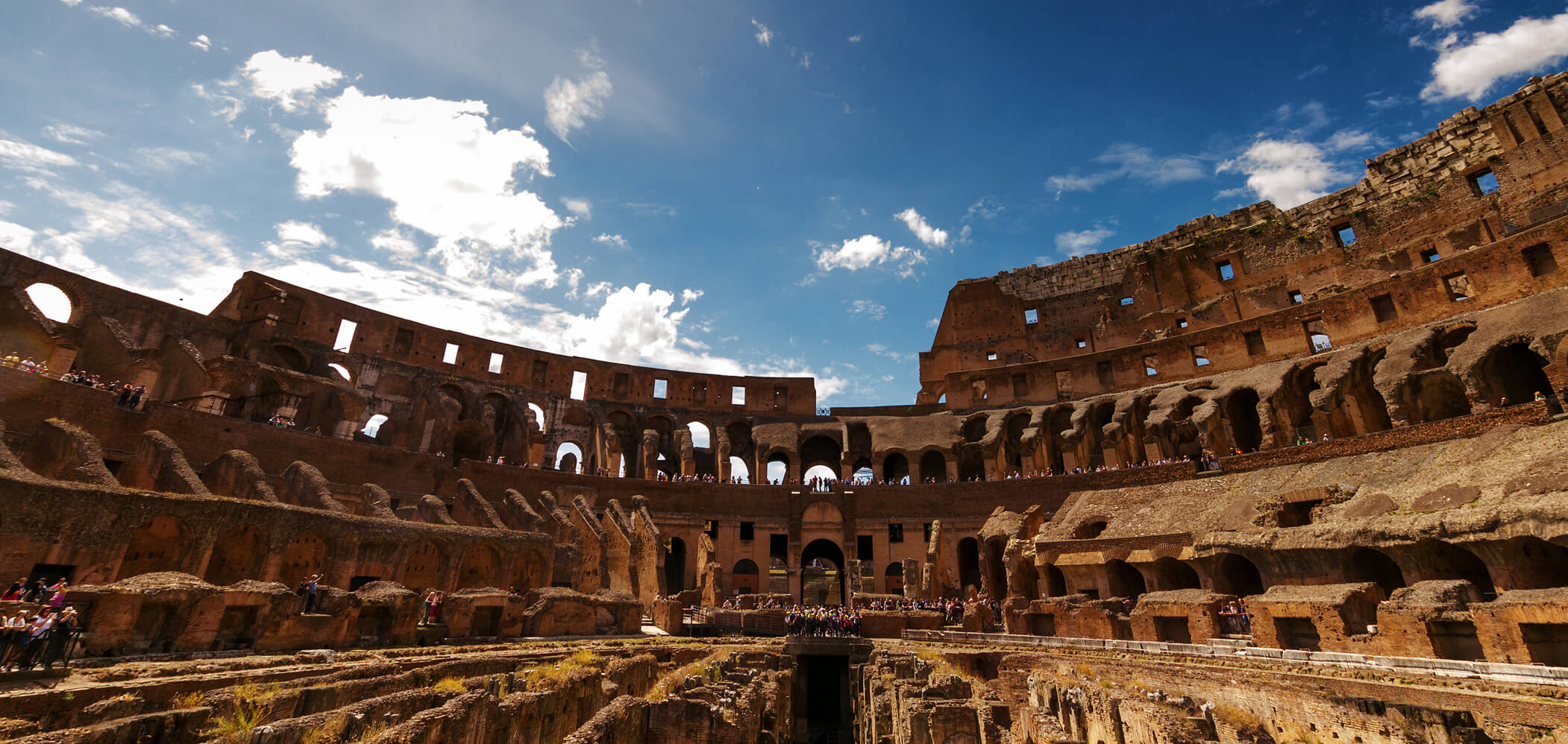
Premium Colosseum Tour with Roman Forum Palatine Hill
€56
850 reviews
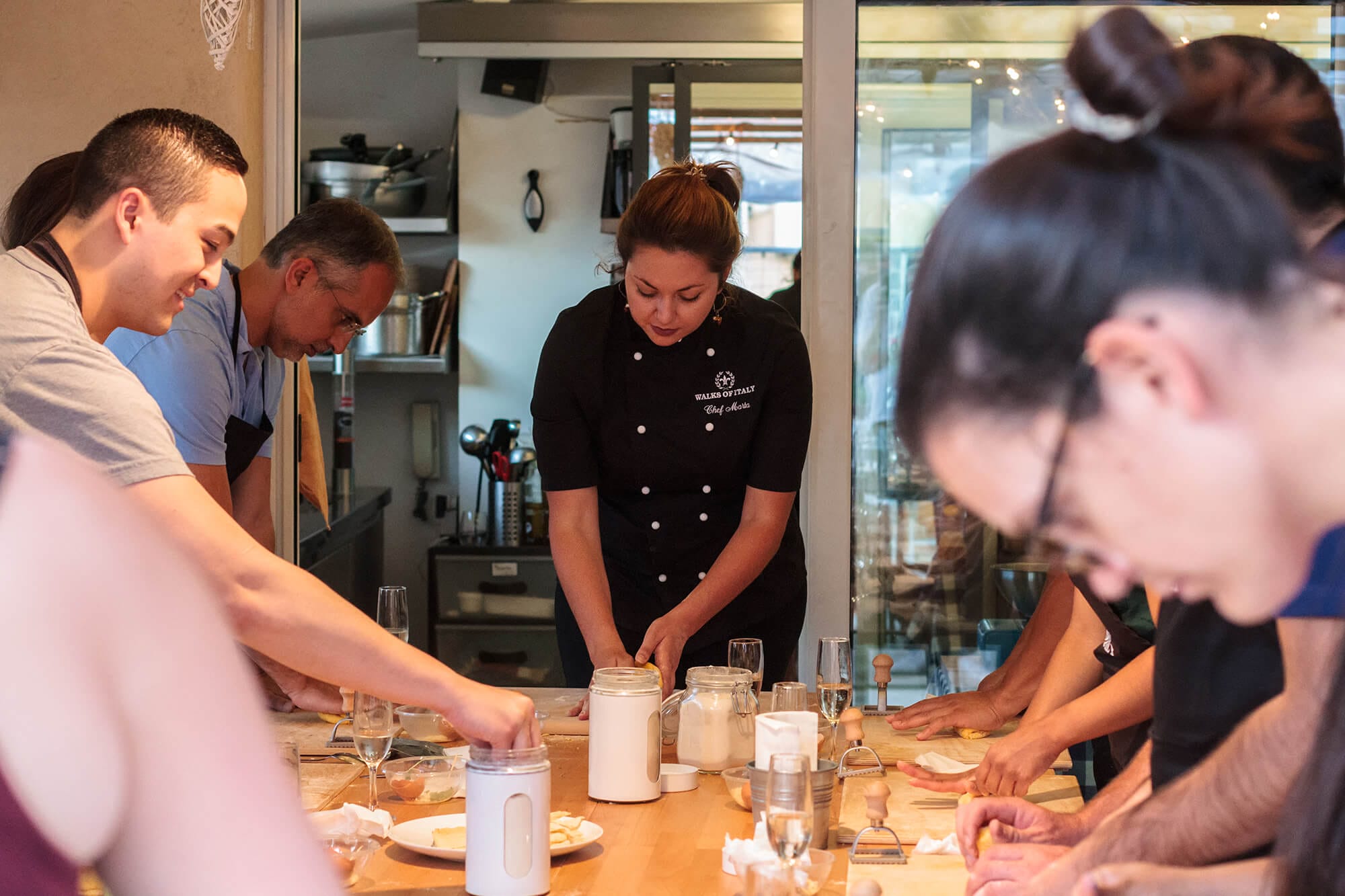
Pasta-Making Class: Cook, Dine Drink Wine with a Local Chef
€64
121 reviews
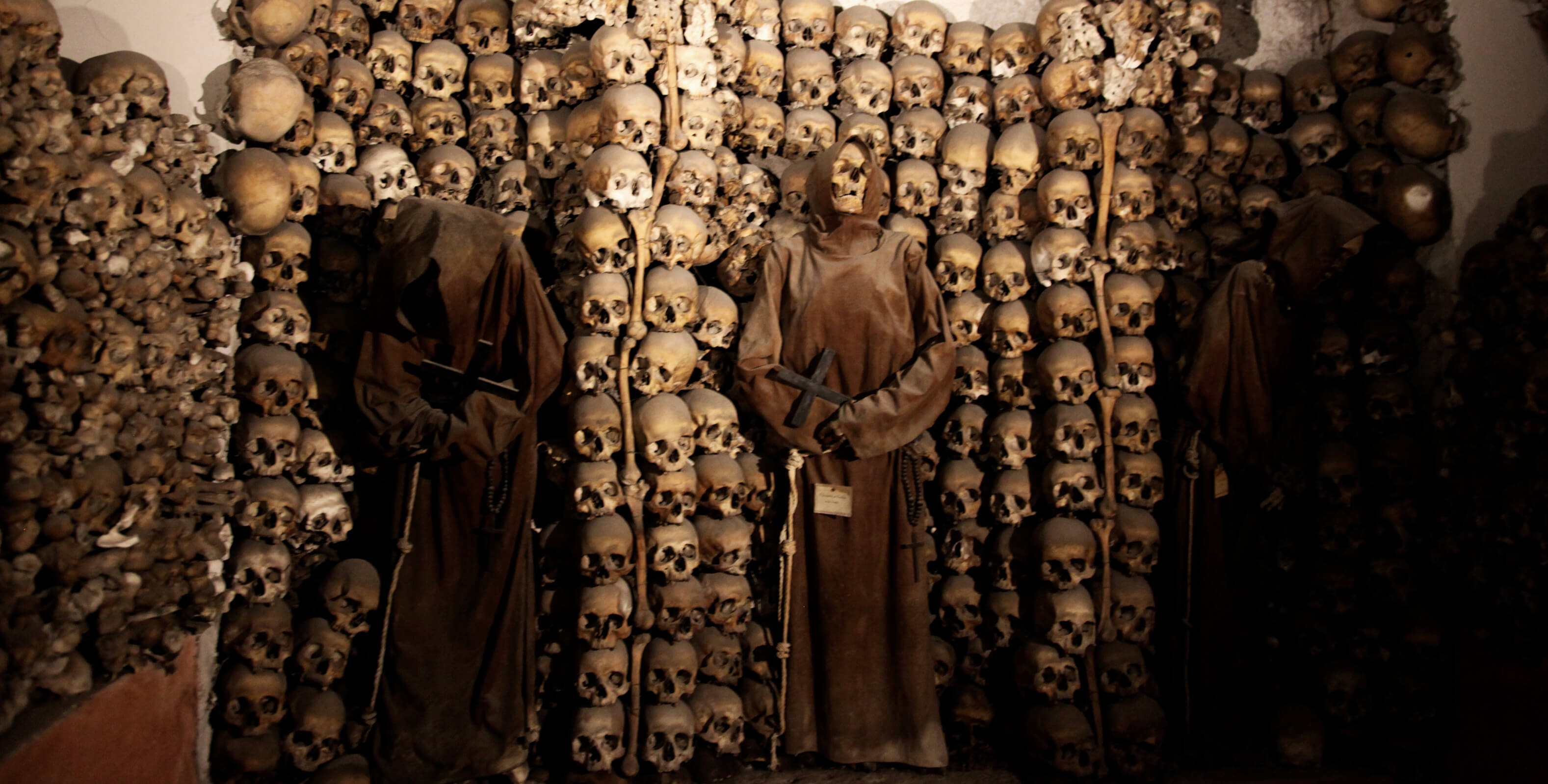
Crypts, Bones Catacombs: Underground Tour of Rome
€69
401 reviews
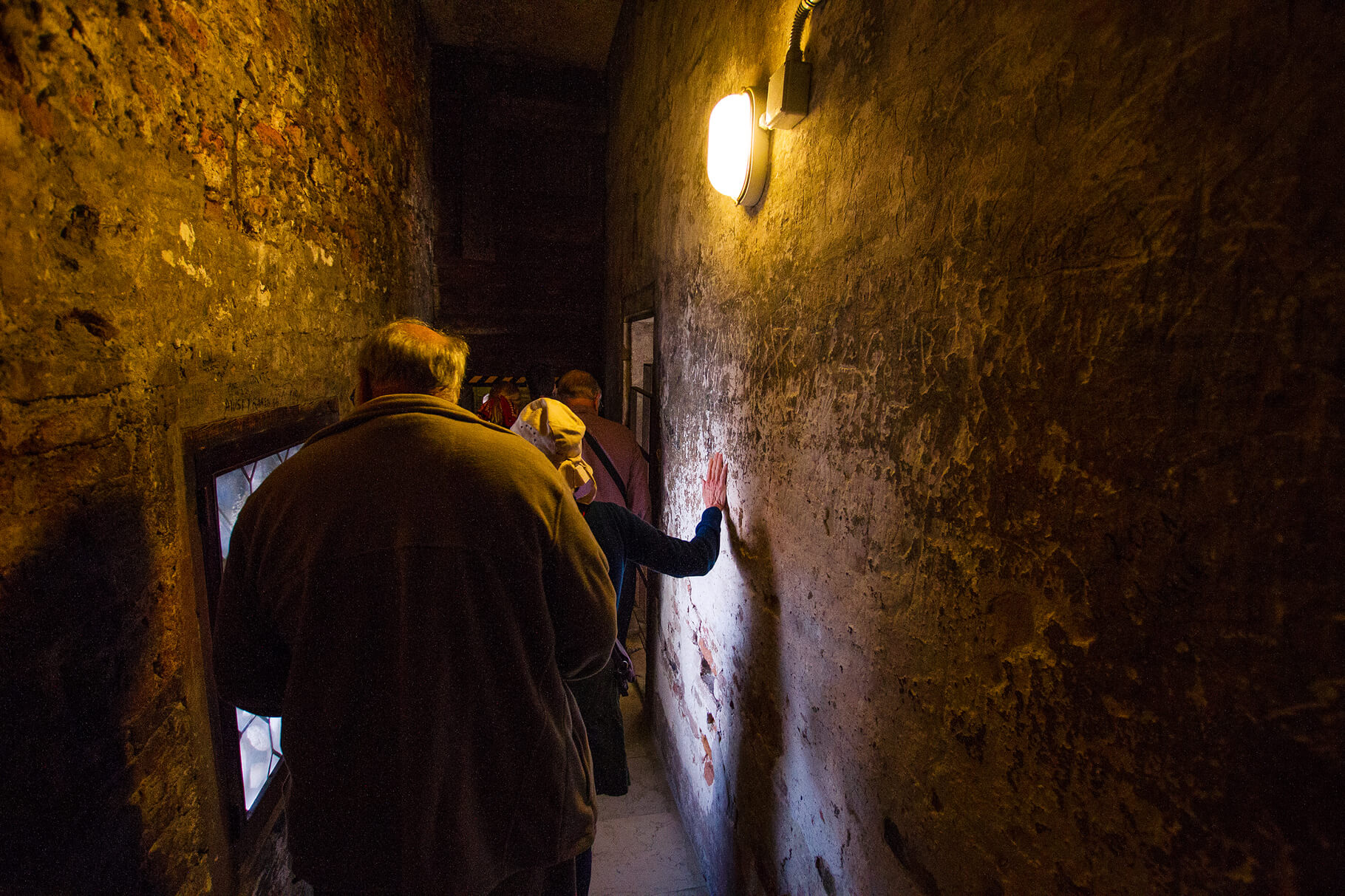
VIP Doge's Palace Secret Passages Tour
€79
18 reviews
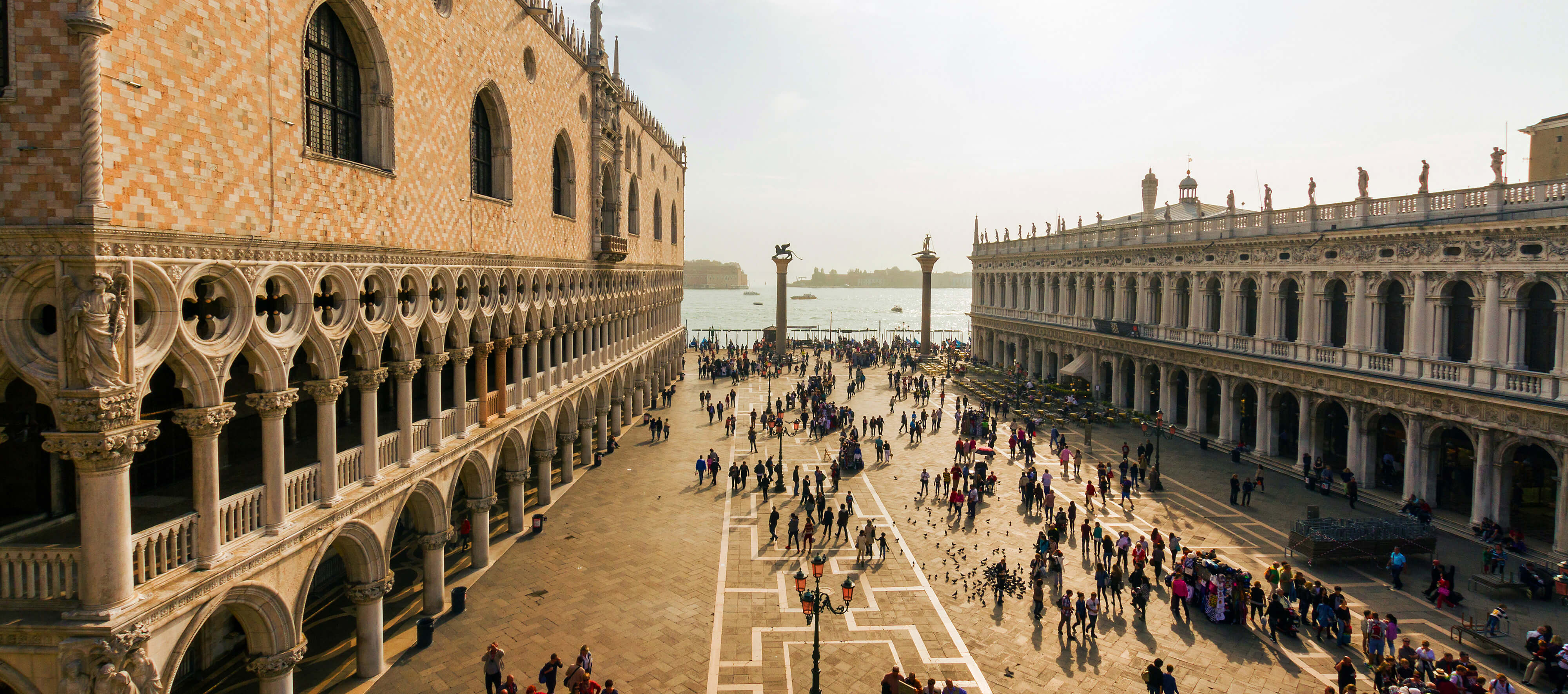
Legendary Venice: St. Mark's Basilica, Terrace Doge's Palace
€69
286 reviews




